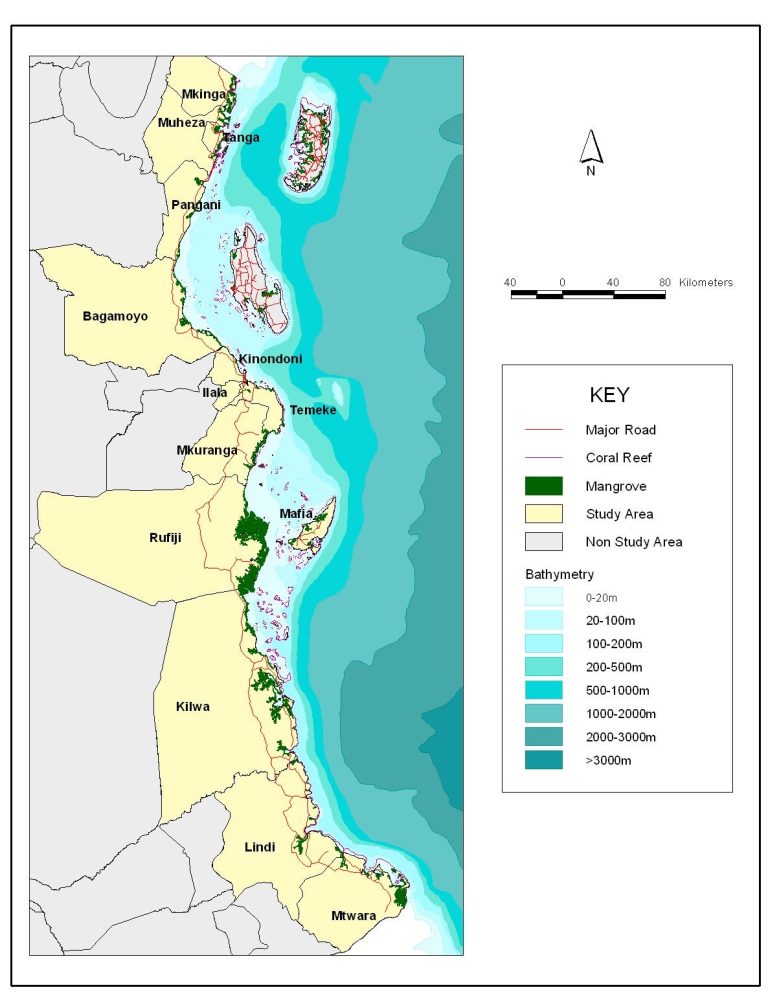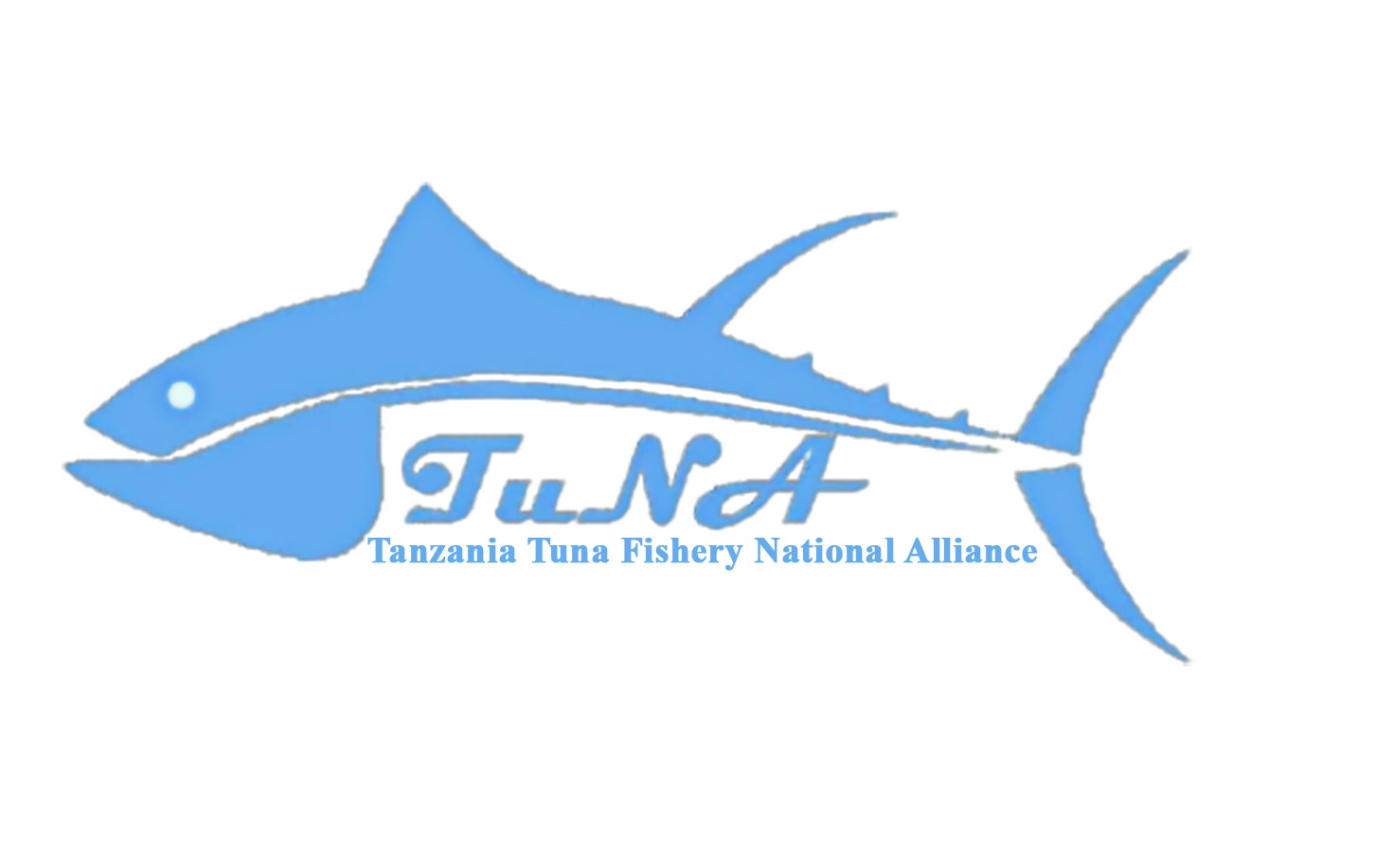WHO WE ARE
The context of civil society organizations in Tanzania
In Tanzania, civil society movements started in the colonial era before independence. The motive behind civil societies at that time was to mobilize citizens to demand rights and political places from the colonial administration. Post-independence in 1961 civil society organizations continued to mushroom playing roles of service providing in the health and education sector and some started advocating for workers’ rights and government accountability. The evolution of the political system in Tanzania and the introduction of multi-parties in 1992 catalyzed the increase in the number of civil society organizations as more opportunities opened up for political advocacy but also other areas of services (health, education, and environment) continued to emerge. As of 2022, there were at least 10,000 CSOs registered in the United Republic of Tanzania.
Different environmental issues are increasingly returning to CSOs’ work, along with the new initiatives taken by the government to pay more attention to environmental protection. Environmental CSOs gained donor interest for support among them are CSOs in fisheries. Others included wildlife and forest CSOs which were well-established and coordinated. However, civil society organizations in marine fisheries lacked coordination and a platform which could mobilize them to join efforts and collaborate until in 2013 when TuNA was established to fill the gap and is so far recognized as the first alliance of marine fisheries CSOs in Tanzania.
CSOs are important to ensure accountability and sustainability of natural resource management, inclusive socio-economic development and equitable cost and benefit sharing. Strong and empowered civil society is key to adding value to government plans and bringing about a more sustainable world. Decision-making structure in Tanzania was centralized and not allowing the public to influence policy until the early 1990s when the Government of Tanzania recognized the importance of involving the non-state actors in both the production and service provision sectors. This has allowed for increased stakeholder participation in public service delivery. However, internal coordination between the state and non-state actors is not very effective. Grassroots communities, civil society and the private sector have limited access to information on new developments in fisheries resources. This hinders effective stakeholder participation in decision making and overall management of natural resources. The contribution made by fisheries sub-sector to the total Tanzania GDP is well below its potential and reported to be as low as 2%. Mechanisms for benefit sharing are also poorly developed.
ABOUT US

Tanzania Tuna Fishery National Alliance (TuNA) is a network of Tanzania Civil Society Organizations/Private Sector (CSOs/PS) engaging in the marine fisheries sector. The Alliance provides a platform for the members to amplify their voices at national, regional, and international levels for sustainable fisheries and socio-economic development.
The Alliance started in 2012 and registered on 5th December 2014, under the Tanzania Societies Act (CAP. 337 R.E 2002). As of 2023, TuNA consists of 20 (twenty) member institutions from the marine fisheries sector. The focus of TuNA activities includes: Lobbying and advocacy to influence policy change and practice; enhancing knowledge and sharing experiences; promoting research for generating innovative models fisheries sector; creating appropriate and effective Civil Society Organizations/Private Sector (CSOs/PS) frameworks for structured engagement with the key actors in the fisheries sector; and promoting pro-poor fisheries management and development initiatives.
TuNA's Work Geographical Scope

The geographical scope of TuNA’s work covers the coastal and marine water areas of the United Republic of Tanzania. This will include not less than 1,424 kilometers of a coastline from the north (bordering Kenya) to the south (bordering Mozambique). Specific sites will be selected based on activities and annual work plans. The work will include activities in both the territorial water area (for artisanal fishing) and the exclusive economic zone (for tuna and other highly migratory fish). From this description, the scope will include Zanzibar Islands (Unguja and Pemba). TuNA is designed to work in the coastal and marine areas of the United Republic of Tanzania. The extent of Tanzania’s territorial water is 64,000 km2 while the EEZ is 200 nautical
OUR CORE VALUES
We strive to ensure fair and equal opportunities, rights, and treatment for individuals of all genders, promoting a society that embraces diversity and fosters a sense of belonging for everyone.
We uphold ethical behavior, honesty, and responsibility, fostering trust and ensuring the proper governance in the implementation of the strategic plan.
We ensure that members have input in designing how they participate, when policies and services reflect their involvement, and when their impact is apparent.
We ensure that there is sufficient and credible information for dialogue, choice, and decisions, and when there is space to weigh options, develop common understanding, and appreciate respective roles and responsibilities.
Adapting and thriving in an ever-changing environmental process.
